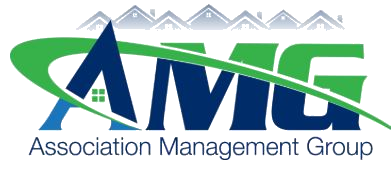The Top 5 HOA Management Questions Answered
/If you are new to HOA management, you likely have a lot of questions. Let us help you get started. Below are the top five HOA management questions and their answers.
Top 5 HOA Management Questions Answered
1) What is HOA Management?
Perhaps the most important question of this entire post is this one. What is HOA management? It is essential to know what something is before you hire someone.
Put simply, HOA management is something most home owner’s association (HOA) Boards do every day. It is the consistent management of all of the concerns of the HOA. These can range from management volunteers to maintaining common areas and planning meetings. Budgeting and other financial considerations are also included in HOA management.
For many HOA Boards, the day-to-day tasks of managing an HOA are too much to handle alone. They hire an HOA management company to take care of some or all of these tasks.
2) Why is HOA Management important?
HOA management is crucial because it keeps your community running smoothly. Without proper HOA management, your home’s value could plummet, and your community could be a much less nice place to live.
This is why it is so important to consider HOA management companies. No single Board can do everything. Boards consist of volunteers with their own lives and jobs after all. Instead, an HOA management company’s entire job is to see your community thrive. The Board will still maintain the decision-making power. But the competition of each task is the responsibility of the HOA management company. This frees up your Board members to make the important decisions that will result in a better community.
3) Will my HOA managers be part of the Board?
No. HOA management companies are not members of the Board. They will not have decision-making powers. The HOA manager will help and advise. But they cannot directly affect the direction or decisions of your community. Only the Board can do that.
4) What are some pros of hiring an HOA Management company?
There are a lot of positives to hiring an HOA management company. Here are a few of the most important.
They have years of experience helping communities succeed.
You will have access to people with expert financial and legal information.
They likely have long-term relationships with vendors.
They can facilitate communications among your Board and with the broader community.
They have advanced technological resources.
5) Do I need HOA Management?
Now we get to another crucial question about HOA management. Do you need it? The short answer: yes.
All communities need good HOA management. Whether this management is provided by your Board or an outside company is up to your community. We’d highly recommend outsourcing your HOA management tasks. The pros simply outweigh the cons.
In North and South Carolina, your source for the best HOA and condominium management is AMG (Association Management Group). We have physical offices throughout the Carolinas. Contact us today to learn more about we can help your community.




















